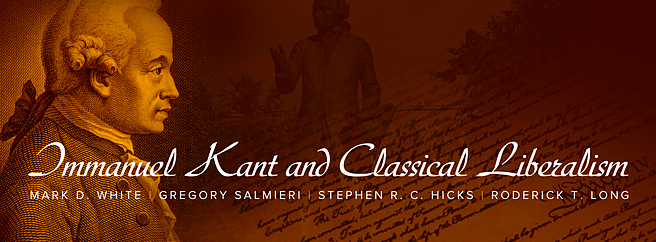Napoleon’s German admirers
From Maynard Solomon’s Beethoven: “For Beethoven’s German and Austrian contemporaries, the Napoleonic image was especially potent: Bonaparte’s admirers included Kant, Herder, Fichte, Schelling, Hegel, Schiller, Goethe, Hölderlin, Wielan, and Klopstock. Grillparzer, in his Autobiography wrote, ‘I myself was no less an enemy of the French than my father, and yet Napoleon fascinated me with a […]
Napoleon’s German admirers Read More »

